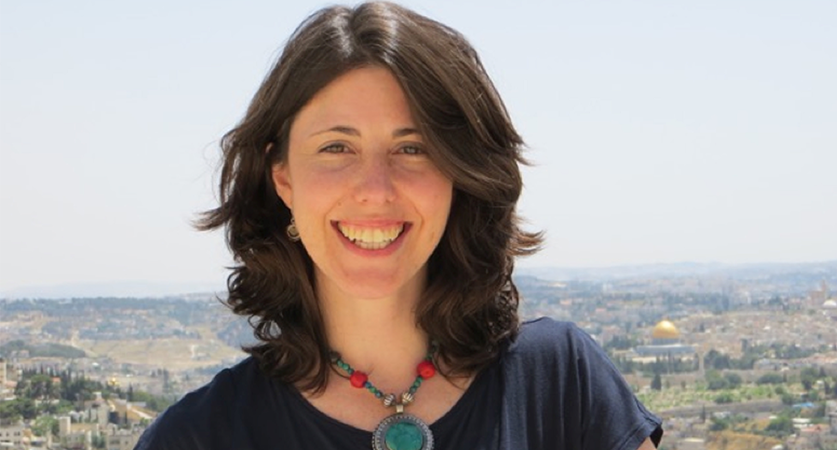Centre for Education and Research on Aging & Health (CERAH) October E-blast Newsletter!
Check out CERAH's monthly update of news, events, and resources related to aging & health here: https://conta.cc/3t4g3nJ

Check out CERAH's monthly update of news, events, and resources related to aging & health here: https://conta.cc/3t4g3nJ


Elder Gerry Martin spoke with participants at a previous Fall Harvest.
September 15, 2023 – Thunder Bay, Ont.
Lakehead University is hosting its annual Fall Harvest on Saturday, Sept. 16 from 11 am to 2 pm at the Sweat Lodge site, located near the Wolf Den athletics building.
Hosted by Indigenous Initiatives, everyone is invited to experience Indigenous culture through teachings given by traditional Elders.
“Elders and knowledge holders are coming together to share their culture and teachings at the Lakehead University Fall Harvest,” said Denise Baxter, Lakehead University’s Vice-Provost, Indigenous Initiatives.
“This is a wonderful opportunity for everyone to join us to experience and learn more about Indigenous cultures.”
Come learn about hand drumming and bear-grease making along with its benefits. Sample fresh pickerel, sturgeon, goose, bannock, blueberries, and wild rice.
Join the Elders as they share teachings about the sweat lodge, traditional medicines, and much more. Staff from Fort William Historical Park will also attend. Local artisans will host demonstrations with an interactive booth.
“Join us in this celebration of the change of season,” Baxter said. “Everyone is welcome to attend, and we look forward to seeing you there, rain or shine.”
The Thunder Bay and District Métis Council is donating the pickerel.
For more information about this event and other events being held this month, visit this page.
-30-
Media: For more information or interviews, please contact Brandon Walker, Media, Communications and Marketing Associate, at (807) 343-8110 ext. 8372 or mediarelations@lakeheadu.ca.
Lakehead University is a fully comprehensive university with approximately 9,700 full-time equivalent students and over 2,000 faculty and staff at two campuses in Orillia and Thunder Bay, Ontario. Lakehead has nine faculties, including Business Administration, Education, Engineering, Graduate Studies, Health & Behavioural Sciences, Law, Natural Resources Management, Science & Environmental Studies, and Social Sciences & Humanities. Lakehead University’s achievements have been recognized nationally and internationally, including being ranked in the top half of Times Higher Education's 2023 World Universities Rankings for the fourth consecutive year, and the number one university in the world with fewer than 9,000 students in THE’s 2023 Impact Rankings (which assesses institutions against the United Nations’ 17 Sustainable Development Goals). Visit www.lakeheadu.ca.
September 12, 2023 – Thunder Bay and Barrie, Ont.
Professors at Lakehead University are receiving more than $1 million from the Natural Sciences and Engineering Research Council of Canada for exceptional, ground-breaking research that will make a difference.
Dr. Taryn Klarner is receiving a five-year Discovery Grant for $177,500 to explore the specific way the human body’s nervous system coordinates the arms and legs during rhythmic movement tasks such as walking and examine the dynamics of coordination at the behavioural level.
An Assistant Professor in Kinesiology, Dr. Klarner’s research is divided into three related yet distinct objectives. All objectives are designed to be carried out by trainees in the lab at the undergraduate and graduate levels.
The first objective is to examine changes in coordination dynamics that arise from task modifications. The second objective is to examine synchronization of coordination with external stimuli. The third objective is to examine intersocial coordination in walking.
Findings from this research program will be applicable to many fields of science, from physics to biology.
The knowledge gained from this research could lead to more effective ways of understanding coordination in general and to more effective methods of improving motor coordination following brain or spinal cord injury.
Dr. Kang Kang is a Research Assistant Professor in Lakehead University’s Biorefining Research Institute who is receiving a five-year Discovery Grant along with a Discovery Launch Supplement – for a total of $172,500.
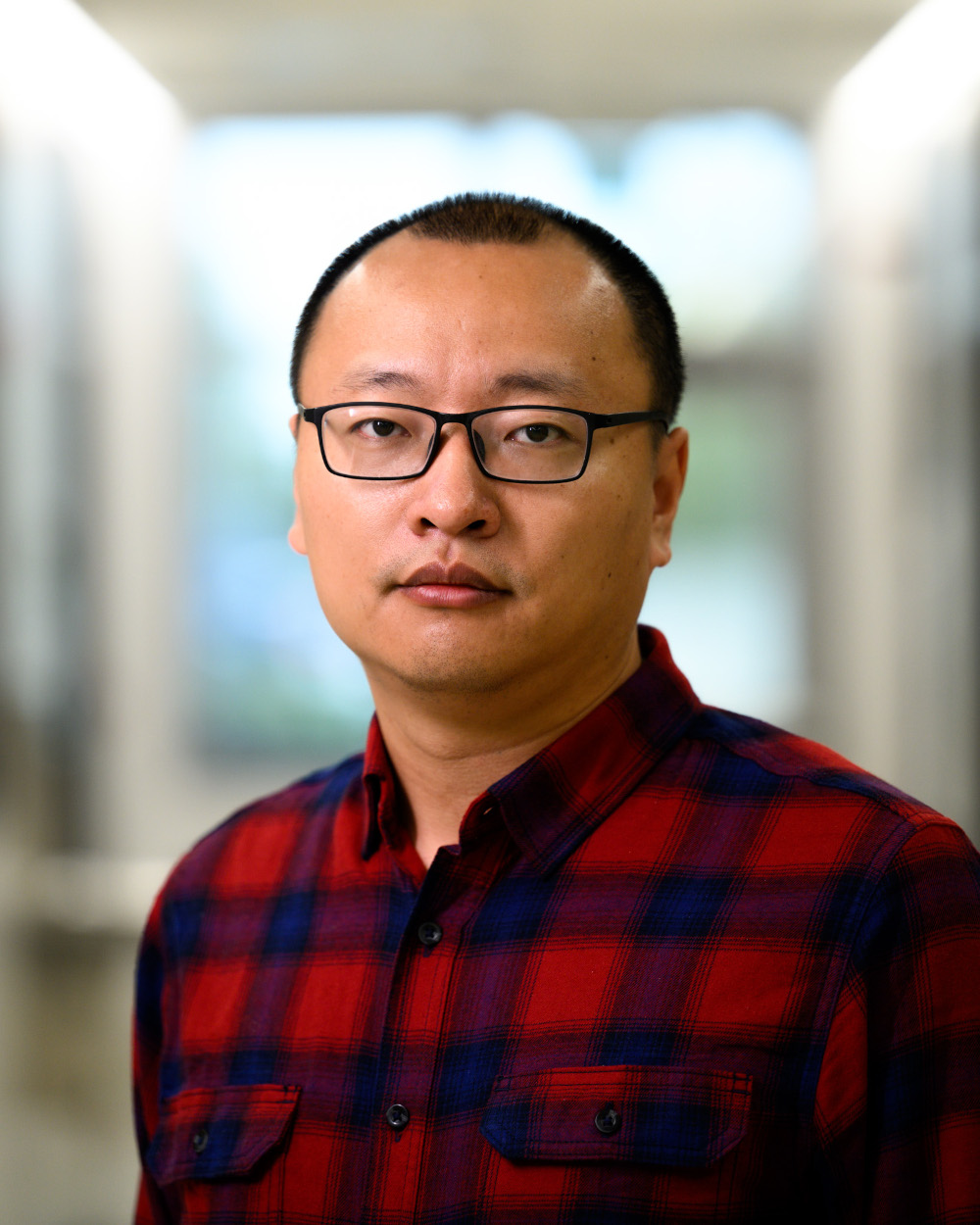
The long-term objectives of Dr. Kang’s research are to enhance Canada’s waste management and sustainable development strategies by promoting community energy access while contributing to a healthy environment.
Dr. Kang will develop an innovative thermochemical process to produce various lignin and other biomass-based nanoscale carbon dots and their composites.
These novel materials will be used as catalysts for hydrogen production from the catalytic conversion of renewable resources and the photocatalytic decontamination of polluted water. The technology will substitute fossil-based hydrogen with hydrogen produced from renewable resources.
Dr. Abdelhamid Tayebi, a Professor in Electrical Engineering, is receiving a one-year Research Tools and Instruments Grant for $121,708 to establish a state-of-the-art research facility for the design and performance evaluation of advanced autonomous navigation systems.
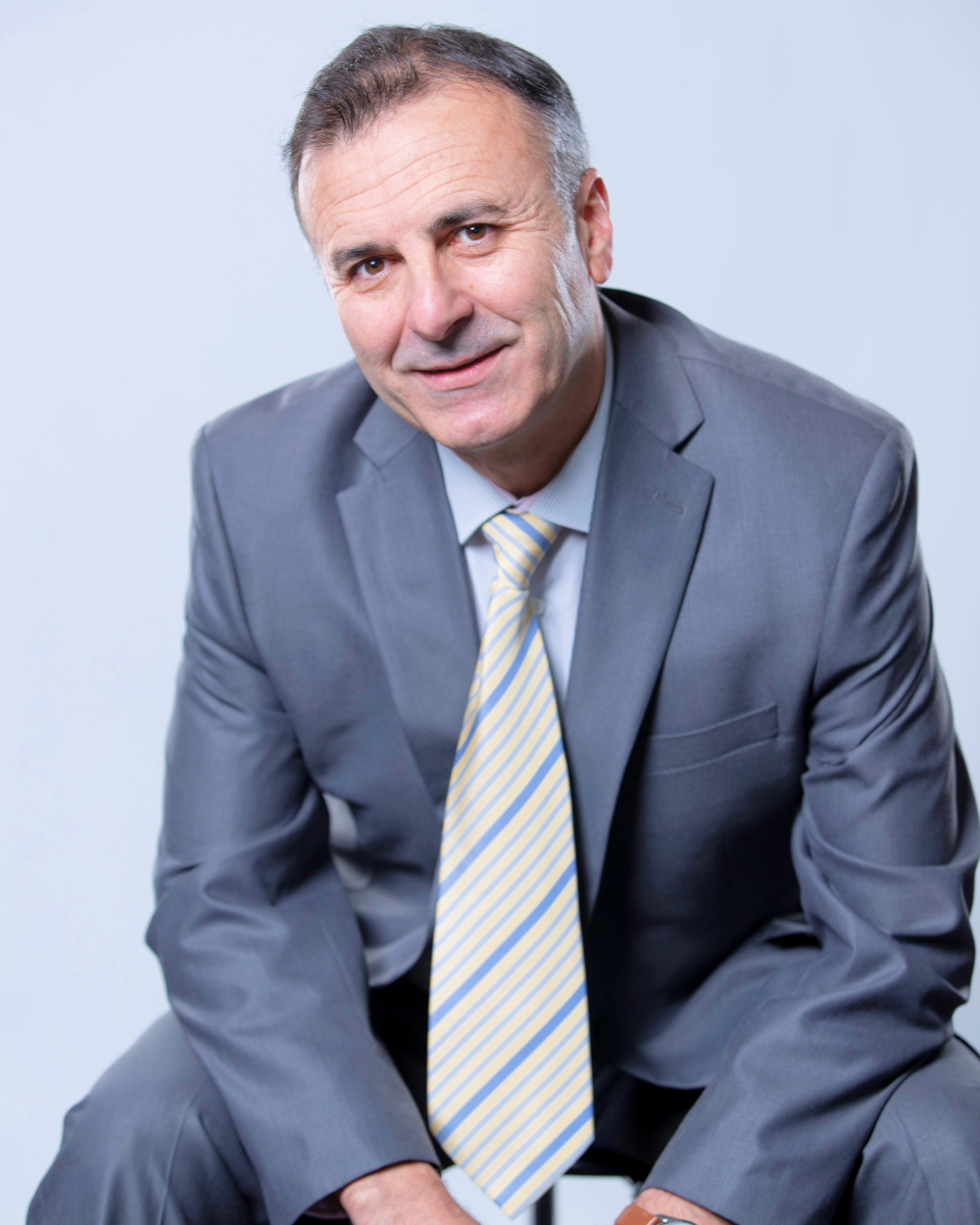
This facility will be a great asset to Lakehead’s robotics and aerospace research community.
Dr. Tayebi’s research will contribute to increase the state of knowledge in control, robotics and aerospace engineering, open new avenues in autonomous navigation applications, and provide opportunities for excellent training of highly qualified personnel.
“Congratulations to each researcher on their success and thank you to NSERC for continued funding,” said Dr. Andrew P. Dean, Lakehead’s Vice-President, Research and Innovation.
“NSERC Discovery grants are the basis for helping our scientists and engineers to develop fundamental science ideas. This funding will enable Lakehead University to continue to be a leading research-intensive, comprehensive university.”
In 2022/23, Lakehead University received more than $2 million in assistance from the Research Support Fund to support the indirect costs of research, which includes costs for supporting the management of intellectual property, research and administration, ethics and regulatory compliance, research resources, research facilities, and research security.
New NSERC DG/RTI Funding 2023
Total funding: $1,094,411
Discovery Grants (five-year grants)
Discovery Development Grants (two-year grants)
Research Tools and Instruments Grants (one-year grants)
-30-
Media: For more information or interviews, please contact Brandon Walker, Media, Communications and Marketing Associate, at (807) 343-8110 ext. 8372 or mediarelations@lakeheadu.ca.
Lakehead University is a fully comprehensive university with approximately 9,700 full-time equivalent students and over 2,000 faculty and staff at two campuses in Orillia and Thunder Bay, Ontario. Lakehead has nine faculties, including Business Administration, Education, Engineering, Graduate Studies, Health & Behavioural Sciences, Law, Natural Resources Management, Science & Environmental Studies, and Social Sciences & Humanities. Lakehead University’s achievements have been recognized nationally and internationally, including being ranked in the top half of Times Higher Education's 2023 World Universities Rankings for the fourth consecutive year, and the number one university in the world with fewer than 9,000 students in THE’s 2023 Impact Rankings (which assesses institutions against the United Nations’ 17 Sustainable Development Goals). Visit www.lakeheadu.ca.
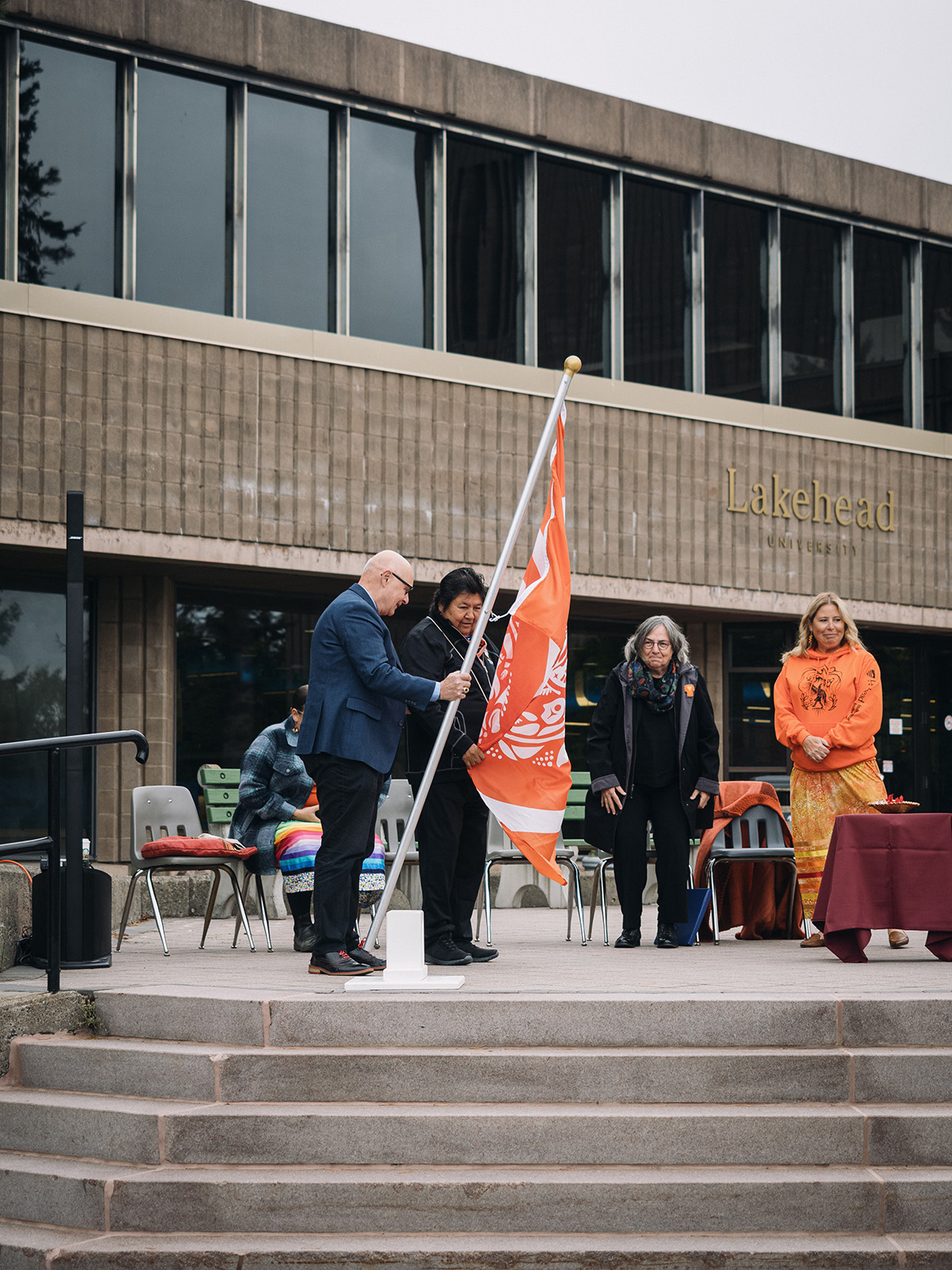
Lorne Clifford, Director of Security Services at Lakehead, and Elder Catherine McGuire raise the Survivors' Flag outside of Lakehead's Agora.
September 7, 2023 – Thunder Bay, Ont.
Lakehead University is hosting a series of Truth and Reconciliation-themed events in September that will honour survivors of residential schools along with their families and the children who didn’t return home.
In Thunder Bay, Lakehead University representatives raised a National Truth and Reconciliation flag on Thursday, Sept. 7 on the steps outside the Agora.
The Survivors’ Flag is an expression of remembrance, meant to honour residential school survivors and all the lives and communities impacted by the residential school system in Canada.
Each element depicted on the flag was carefully selected by survivors from across Canada, who were consulted in the flag’s creation.
“I am proud to be part of an institution that is continuing to address reconciliation,” said Dr. Gillian Siddall, Lakehead’s President and Vice-Chancellor. “It is imperative that Lakehead University engages meaningfully with the urgent and necessary work responding to the Calls to Action in the Truth and Reconciliation Commission report.
“I hope students, faculty, and staff can attend as many events as possible to learn more about Truth and Reconciliation and what it means to the future of Canada,” Dr. Siddall said.
Denise Baxter, Vice-Provost, Indigenous Initiatives, said Lakehead recognizes the importance of education in the act of reconciliation.
“We’ve collaborated across multiple nations and communities to engage in reconciliation,” Baxter said.
“Though we work on this all year, September is a time to recognize our efforts and recommit to collaborating with communities and nations on pathways forward.”
Deputy Grand Chief Anna Betty Achneepineskum of Nishnawbe Aski Nation said: “It’s important and necessary that every single educational institution in Canada and worldwide adopt and utilize the true history in their curriculum.”
Red Sky Métis Independent Nation offered thanks to Lakehead University for the opportunity to attend the flag raising ceremony.
“Reconciliation is about healing the effects of the cruel treatment endured by our elders in the past, it is the process of mending a broken relationship through dedication, education and respect,” said Donelda DeLaRonde, Executive Director of Red Sky Métis Independent Nation.
“Reconciliation is merely the next step in the journey of unity and equality in the country we all call home,” DeLaRonde said.
“Raising the Survivors’ Flag is symbolic of our collective efforts to create space and place, both to acknowledge our past and to recognize the current challenge of promoting healing in our community,” said Thunder Bay Mayor Ken Boshcoff.
Aseel Hashim, Vice-President, Advocacy at LUSU, said it is vital to acknowledge that not long ago, Indigenous peoples were forced to learn in ways that were antithetical to their cultures and traditions.
“Events like these are essential on college and university campuses because they signify our dedication to providing education in a decolonial and Indigenized manner. We ensure that the horrors of the past are never repeated in spaces meant for the exchange of knowledge.”
Lakehead University will host several free events open to the public throughout the month of September, leading up to the National Day for Truth and Reconciliation on September 30.
On Monday, Sept. 11, join artist Ryan Pooman in a community-based art project in the Agora from 2:30 to 3:30 pm. This will include a conversation to share what reconciliation means to you. From this session, Pooman will paint a piece that you will help create.
On Wednesday, Sept. 13, you are welcome to attend Tipi Talk with Elder Sheila Decorte from 12 to 1 pm in the Agora Circle, discussing reconciliation and what it means for all of us.
On Saturday, Sept. 16, a Fall Harvest Feast will be held from 11 am to 2 pm at the Sweat Lodge Site with Elders who will offer cultural teachings and you can sample traditional foods. Pickerel will be donated by the Métis Nation of Ontario.
On Monday, Sept. 18 from 10 am to 2 pm, artist Ryan Pooman will return to the Agora with his art project. Attendees will continue helping him create a permanent piece to be exhibited on campus.
On Tuesday, Sept. 19, Powley Day will be held in the Agora from 12:30 to 1:30 pm in the Agora, celebrating the anniversary of the landmark Métis rights victory at the Supreme Court of Canada in R v Powley.
On Thursday, Sept. 21, Melody Chislett-Morris from Métis Nation of Ontario will host a Métis 101 workshop from 12 to 3 pm in the Faculty Lounge, to bring awareness and knowledge to Métis history, culture, and way of life.
On Friday, Sept. 22, Dr. Kristin Burnett, Chair of Indigenous Learning, Dr. Judith Leggatt from English, and Dr. Toby Rollo from Political Science will discuss Settler Responsibility, Reconciliation, and the Indigenous Content Requirement, from 10:30 am to 11:30 am in ATAC 5035.
On Monday, Sept. 25, artist Ryan Pooman returns to unveil the art that you helped create, from 12 to 1 pm in the Agora.
On Thursday, Sept. 28 from 12 to 1 pm, Dr. Cynthia Wesley-Esquimaux, Lakehead’s Chair on Truth and Reconciliation, will hold a virtual talk (Zoom) discussing if universities are meeting the challenge of reconciliation.
-30-
Media: For more information or interviews, please contact Brandon Walker, Media, Communications and Marketing Associate, at 807-343-8110 ext. 8372 or mediarelations@lakeheadu.ca.
Lakehead University is a fully comprehensive university with approximately 9,700 full-time equivalent students and over 2,000 faculty and staff at two campuses in Orillia and Thunder Bay, Ontario. Lakehead has nine faculties, including Business Administration, Education, Engineering, Graduate Studies, Health & Behavioural Sciences, Law, Natural Resources Management, Science & Environmental Studies, and Social Sciences & Humanities. Lakehead University’s achievements have been recognized nationally and internationally, including being ranked in the top half of Times Higher Education's 2023 World Universities Rankings for the fourth consecutive year, and the number one university in the world with fewer than 9,000 students in THE’s 2023 Impact Rankings (which assesses institutions against the United Nations’ 17 Sustainable Development Goals). Visit www.lakeheadu.ca.
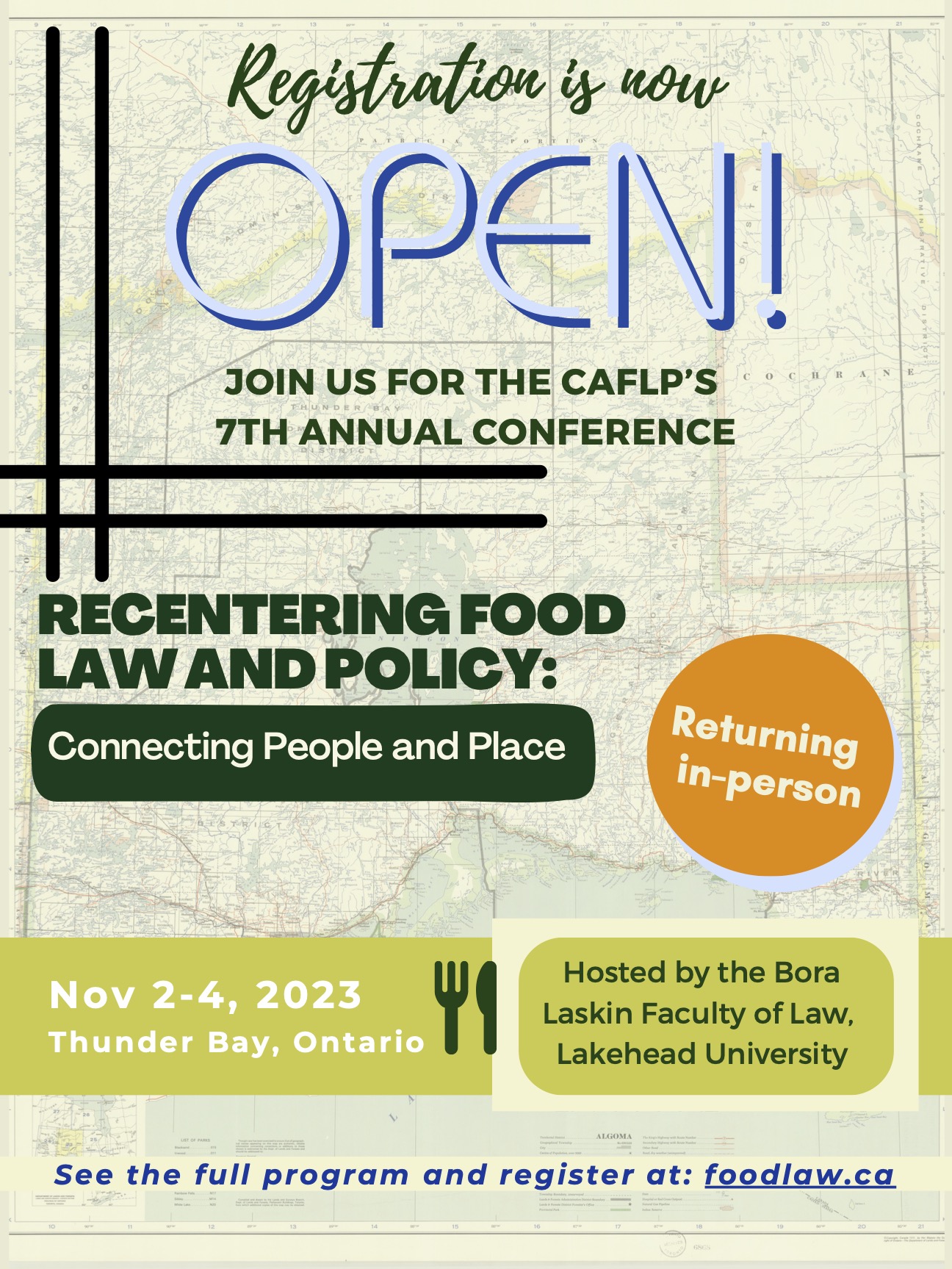
We are very excited to announce that registration for our 7th conference – Recentering Food Law and Policy: Connecting People and Place – is now open!
The Canadian Association for Food Law and Policy (http://foodlaw.ca/) will be hosting its 7th Annual Conference from November 2-4, 2023. We look forward to welcoming all of you (in-person!) to the Bora Laskin School of Law at Lakehead University in Thunder Bay, Ontario. We are thrilled to be able to gather in person again, after a few years of remote conferences.
For our 7th conference – and our first above the 45th parallel – we will explore questions of interconnectedness in food systems. More specifically, we will explore how interconnections may be experienced differently when examined from different perspectives and vantage points. We will delve into what we can learn about the state of our food systems and our modes of governance by foregrounding northern, rural, remote and Indigenous communities in our analysis. We will also unpack how our relationships with the natural environment impact food systems, and conversely how our relationships with food impact the natural environment.
Our carefully planned program for this year will include panels, a film screening, workshops for both academics and students, as well as placed-based excursions. Our amazing panelists come from across the country and will present on topics ranging from the regulation of wild meats, to the unique challenges faced by rural, remote and Indigenous food systems, to new food technologies.
Please head to our website to find details about the panels, events and of course our speakers.
How to Register
To register for the conference (including the workshops), please visit this link.
Stay Tuned
In the weeks leading up to the conference, there will be a lot of activity on our blog: http://foodlaw.ca/blog. We launched our “Meet Our Speakers” series a couple of years back, and it has been a great way to learn more about our panelists and their work leading up to the conference. Please stay tuned for our first post blog in the series.
More details about the conference will be shared in the coming weeks, so please stay tuned to our website: http://foodlaw.ca/ and follow us on Twitter @FoodLawCanada.
The Conference will also feature a public film screening and keynote - Lake Superior Our Helper: Stories from Batchewanaung Anishinabek Fisheries
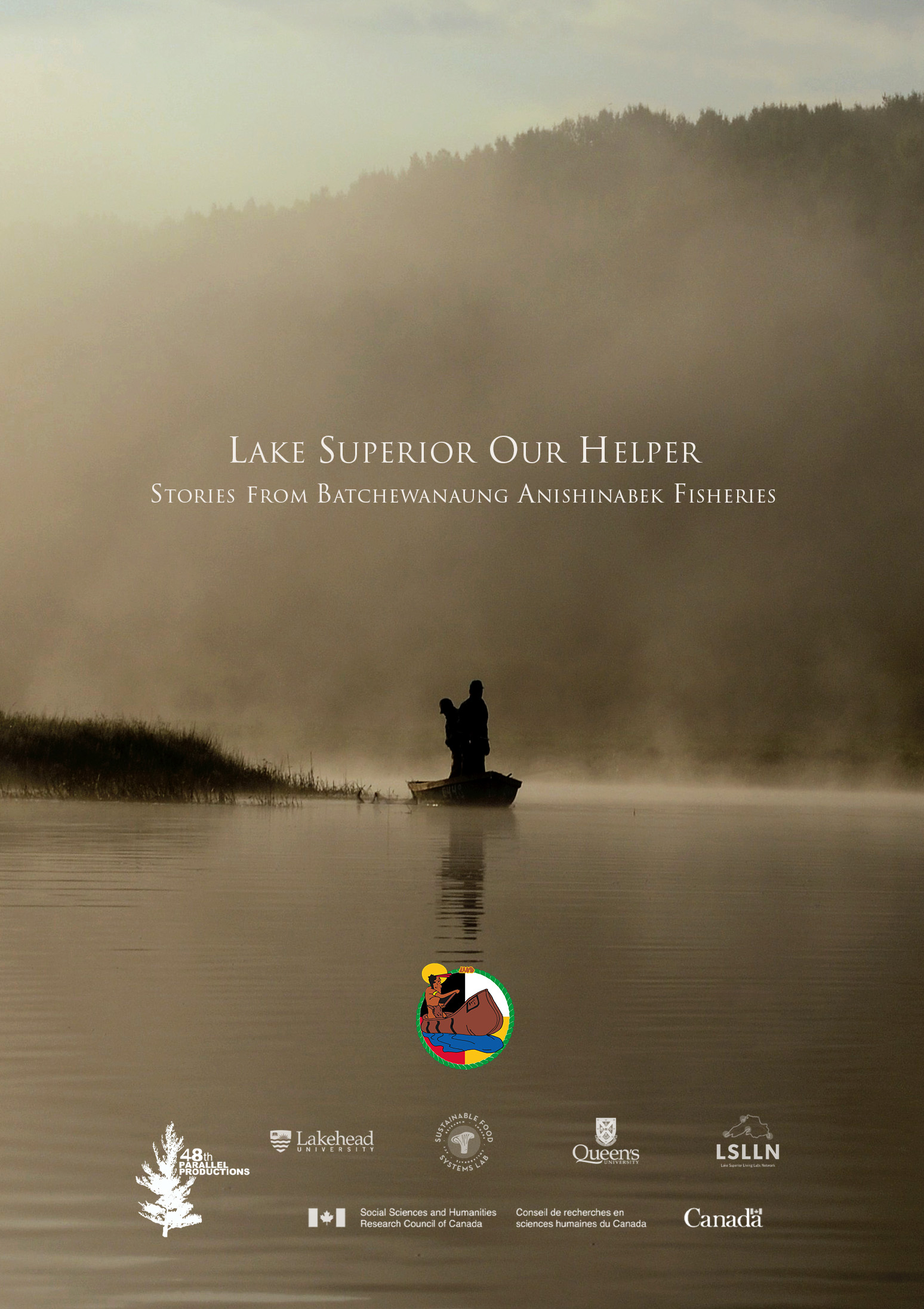
The Research and Innovation Bulletin is distributed weekly every Tuesday by the Office of Research Services and includes information on research funding opportunities, events and workshops and updates from our funding partners.
Checkout the latest version of our Bulletin, by clicking here.
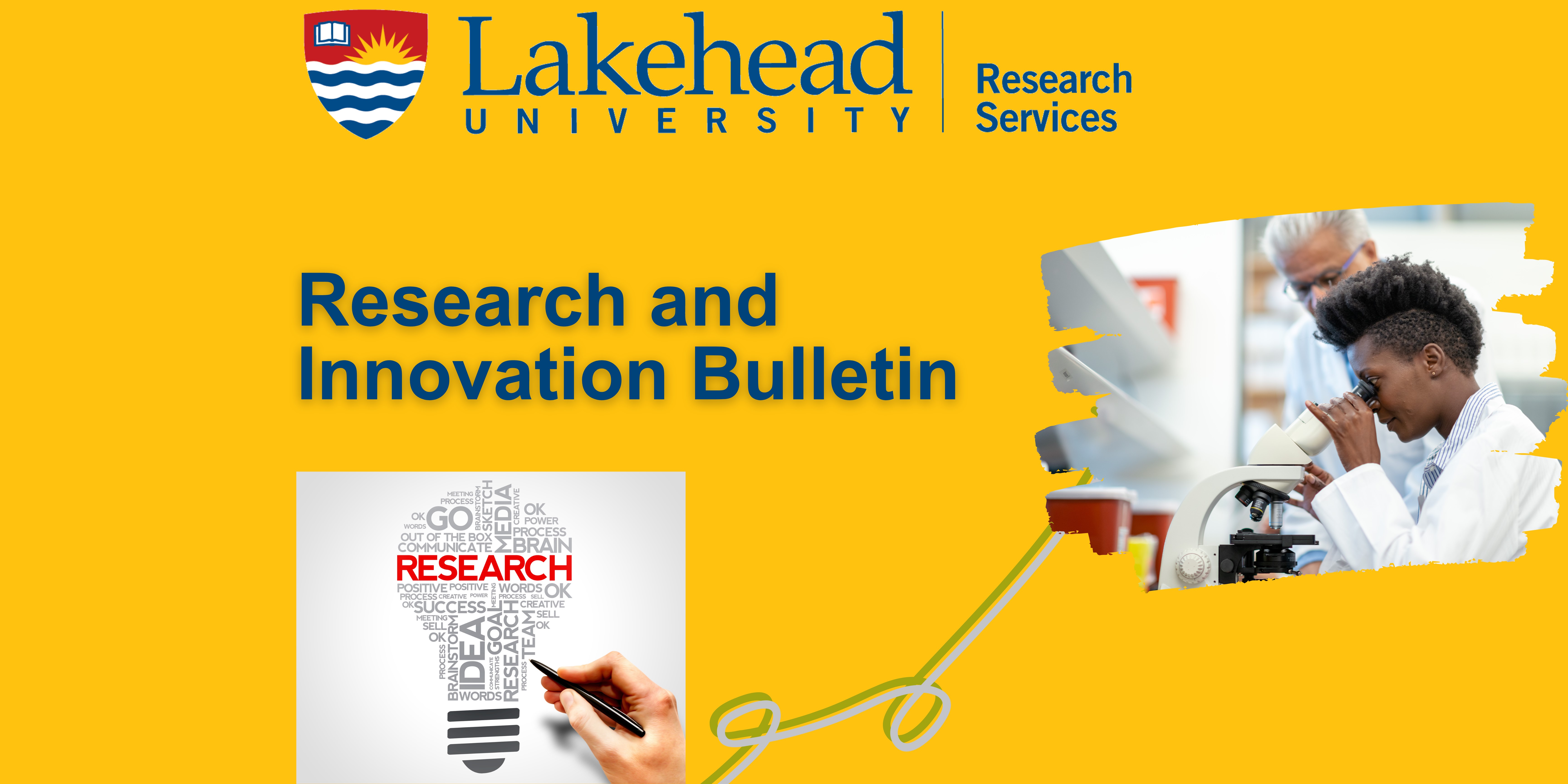
September 19, 2023 – Thunder Bay, Ont.
A new project, led by Dr. Erin Cameron, Academic Director at the Dr. Gilles Arcand Centre for Health Equity at NOSM University, has received a $2.43-million Social Sciences and Humanities Research Council (SSHRC) Partnership Grant to address local health priorities.
Dr. Cameron and her team will foster relationships between communities and academics. The project will study how academic institutions can direct their education, research, and service activities to address community needs, both locally and globally. The growing global social accountability research movement urges academics to heed this call.
“Social accountability as a research movement is still largely under-studied. This project will explore the transformative potential of a socially accountable research network for fostering partnerships and institutional change. NOSM University—and its many strong institutional and organizational partnerships across Northern Ontario, in Canada, and around the world—are primed to lead this work,” says Dr. Erin Cameron.
Dr. Cameron, who is also an adjunct member in the Faculty of Education at Lakehead University, is excited to invest in and strengthen partnerships across institutions, organizations, and communities regionally, nationally, and internationally.
Supported in part by a Social Sciences and Humanities Research Council (SSHRC) Partnership Grant of $2.43-million over seven years, the total project of $3.2-million focuses on collecting and sharing best practices related to social accountability and scaling existing research projects on social accountability across new sites and settings. The project will also build capacity for socially accountable research. Co-directors in the project, Drs. David Marsh, Joseph LeBlanc, and Alex Anawati, along with a team of over 20 researchers and 12 partner organizations, aim to create and grow a connected social accountability research network.
Joint Release
For Immediate Release
(September 7, 2023 – Orillia, ON) Access to healthcare is improving for students attending Lakehead University in Orillia this year, thanks to a strategic partnership between the Couchiching OHT (Ontario Health Team), Orillia Soldiers’ Memorial Hospital (OSMH), and the University.
Starting this September and throughout the academic year, a nurse practitioner will be located at the University’s 500 University Avenue campus for one day each week to see students for episodic care or to see those without a primary care provider. As part of the formalized service agreement, students can also receive care at the Couchiching OHT Care Clinic located at OSMH.
“Knowing where and when to access healthcare services can be a significant stressor for students, particularly those attending from out of country,” said Cheryl D’Angelo, Director of Student Health and Wellness at Lakehead University. “This unique partnership is welcomed by students and their families.”
“Having accessible student-focused health care on campus aims to meet the needs of many students who do not have access to primary healthcare providers within our community,” said Dr. Linda Rodenburg, Interim Principal of Lakehead’s Orillia Campus. “It is another reason why students will choose Lakehead in the future.”
Students will be able to access non-emergency healthcare services for prevention and wellness as well as injury and illness starting September 14.
“This new initiative aligns strongly with the Shared Purpose of the Couchiching OHT and the Hospital – We are a community that is committed to improving health and wellness,” said Melanie Moore, Director of Integrated Planning at OSMH and Co-Director of the COHT. “Strengthening our partnership with Lakehead through the delivery of integrated health services for students is an excellent example of how we are transforming health services within our community.”
- 30 -
For more information, please contact:
Terry Dyni, Director, Community Relations
Tel.: 705-330-7027
E-mail: tadyni@osmh.on.ca
Jaclyn Bucik, Lakehead University
Tel.: 705-330-4010 ext. 2014
E-mail: mediarelations@lakeheadu.ca
Melanie Moore, Director of Integrated Planning, OSMH
Co-Director, Couchiching Ontario Health Team
Tel: 705-345-2342
E-mail: memoore@osmh.on.ca
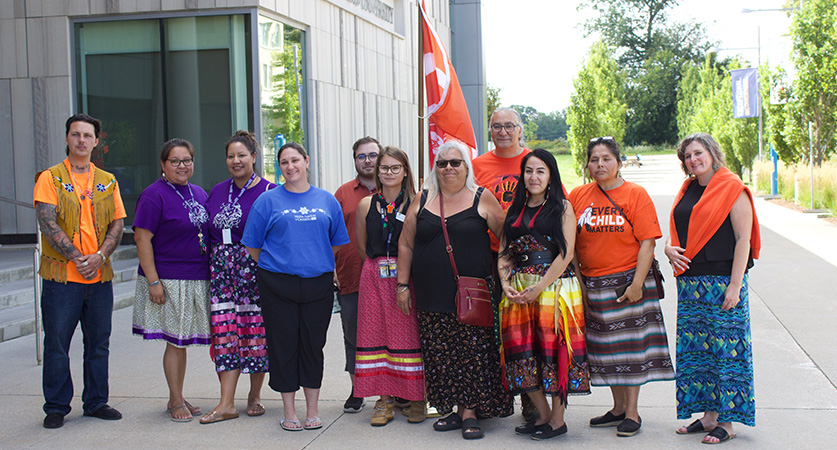
September 5, 2023 – Orillia, Ont.
An important symbol of remembrance, honour and action was raised at Lakehead University’s Orillia Campus on Tuesday.
After beginning the gathering in a good way, Dr. Linda Rodenburg, Interim Principal of Lakehead Orillia, alongside Dr. Cynthia Wesley Esquimaux, Chair on Truth and Reconciliation, and Brandon Rhéal Amyot, Vice President Lakehead University Student Union, raised the National Centre for Truth and Reconciliation (NCTR) Survivors’ Flag outside the campus’s Simcoe Hall.
For Dr. Rodenburg, who purposefully walks the Orillia Campus’s pathway to reconciliation each day, symbols like the Survivors’ Flag are a daily reminder of the commitment she makes to the reconciliation process and the Indigenous community.
“On this day, it’s particularly important that we recognize as a whole community that reconciliation is important work to do, particularly as allies with our Indigenous communities. As Survivors, their children and grandchildren are walking pathways to healing, we are walking alongside them on our path to truth and knowledge.”
“It’s a time for new beginnings and deep reflection for everyone,” said Dr. Wesley-Esquimaux, stating that individuals across the country need to be engaged in this conversation, not just Indigenous Peoples.
“The youth who join us today do so in a good way with choices, futures, the support of their peers, faculty and families. You’ve been given opportunities that a lot of our Indigenous children never got to have because they had to work hard just to survive. That’s why we’re commemorating this day and that’s why we’re talking about it.”
Raising the Survivors’ Flag is part of a shared commitment and obligation to enact and participate in reconciliation as a journey.
“Lakehead University recognizes the importance of education in the act of reconciliation; we’ve collaborated across multiple Nations and communities to engage in reconciliation,” said Denise Baxter, Vice-Provost, Indigenous Initiatives. “Though we work on this all year, September is a time to recognize efforts throughout the year and to recommit to collaborating with communities and nations on pathways forward.”
Learning and commemorating the truth of Canada’s history is an important part of the path to reconciliation. Lakehead will be holding learning opportunities on truth and reconciliation leading up to the National Day for Truth and Reconciliation on September 30. Members of the public are welcome to attend.
Elder Tipi Talk and TRC Calls to Action
Wednesday, Sept. 27
10 a.m. to 12:30 p.m.
Tipi (behind Simcoe Hall)
“Are universities meeting the challenge of reconciliation”: A Conversation with Cynthia Wesley-Esquimaux
Thursday, Sept. 28
12 to 1 p.m.
Via Zoom
Register at: https://lakeheadu.zoom.us/meeting/register/tJMtd--trjIsHdKr1bEuEQnQfsWJr-2CKc68#/registration
Lakehead has long been a leader when it comes to educating students about Indigenous issues and Canada’s past, launching the first Indigenous Content Requirement in 2016, and creating the first Indigenous Chair on Truth and Reconciliation in Canada in 2016.
-30-
Media: For more information or interviews, please contact Jaclyn Bucik, Media, Communications and Marketing Associate, at 705-330-4010 ext. 2014 or mediarelations@lakeheadu.ca.
Lakehead University is a fully comprehensive university with approximately 9,700 full-time equivalent students and over 2,000 faculty and staff at two campuses in Orillia and Thunder Bay, Ontario. Lakehead has nine faculties, including Business Administration, Education, Engineering, Graduate Studies, Health & Behavioural Sciences, Law, Natural Resources Management, Science & Environmental Studies, and Social Sciences & Humanities. Lakehead University’s achievements have been recognized nationally and internationally, including being ranked in the top half of Times Higher Education's 2023 World Universities Rankings for the fourth consecutive year, and the number one university in the world with fewer than 9,000 students in THE’s 2023 Impact Rankings (which assesses institutions against the United Nations’ 17 Sustainable Development Goals). Visit www.lakeheadu.ca.

Dr. Valerie Hébert, professor of history and interdisciplinary studies at the Orillia Campus, is the editor and author of a new book, Framing the Holocaust: Photographs of a Mass Shooting in Latvia, 1941.
In December 1941, German police and their local collaborators shot 2,749 Jews at the beach in Šķēde, near Liepāja, Latvia. Twelve photographs were taken at the scene. These now-infamous images show people in extreme distress, sometimes without clothing. Some capture the very moments when women and children confronted their imminent deaths, while others show their dead bodies. They are nearly unbearable to look at—so why should we? Framing the Holocaust offers a multidimensional response to this question.
While photographs are central to our memory of modern historical events, they often inhabit an ambivalent intellectual space. What separates the sincere desire to understand from voyeuristic curiosity? Comprehending atrocity photographs requires viewers to place themselves in the very positions of the perpetrators who took the images. When we engage with these photographs, do we risk replicating the original violence? In this tightly organized book, scholars of history, photography, language, gender, photojournalism, and pedagogy examine the images of the Šķēde atrocity along with other difficult images, giving historical, political, and ethical depth to the acts of looking and interpreting.
With a foreword by Edward Anders, who narrowly escaped the December 1941 shooting, Framing the Holocaust represents an original approach to an iconic series of Holocaust photographs. This book will contribute to compelling debates in the emerging field of visual history, including the challenges and responsibilities of using photographs to teach about atrocity.
Framing the Holocaust is available for purchase on Amazon.
